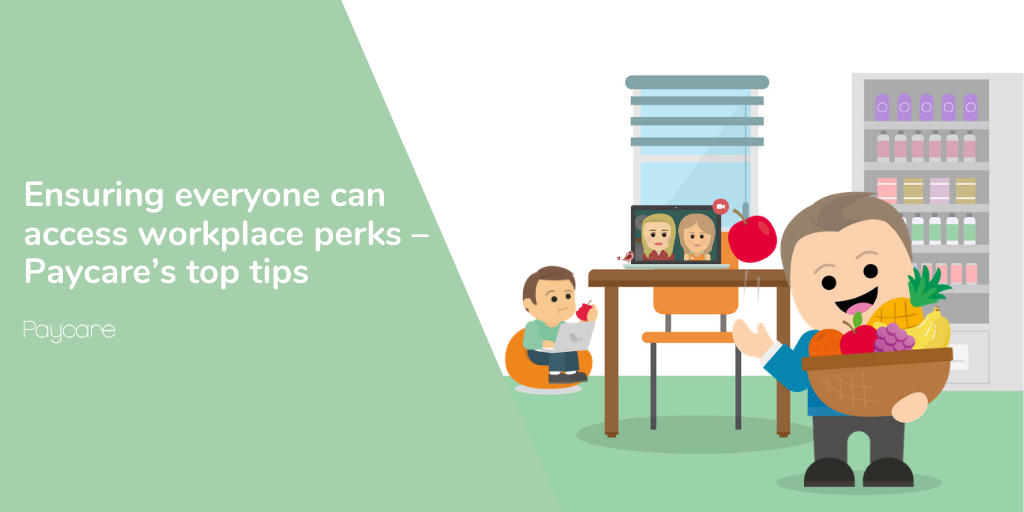A recent discussion on LinkedIn about a shift in focus when it came to workplace perks caught our eye. The topic originated from an article which appeared in the Financial Times, as a result of their research which had shown ‘in office’ perks such as snacks, gyms and football tables may not be as sought-after as they once were.
Instead, benefits which are going to improve employee health and wellbeing are high up on the agenda – in fact, according to Glassdoor 60% of employees now place more emphasis on perks which relate to their physical and mental wellbeing and almost 90% would be more likely to apply to work for a company which took care of its employees.
This really isn’t a huge surprise given the global pandemic we have all been through, but it does mean that companies who focused on the office being the epicentre of employees’ working lives may now need to rethink their Workplace Wellbeing strategy – especially if working from home is likely to be a long-term arrangement within their organisation.
So, how do companies offer perks which will actually benefit their teams, without those who are working flexibly missing out? Here are just five ideas which can be implemented to ensure you’re on track when it comes to the future of workplace wellbeing:
Access to online content: Empowering your team with knowledge about their wellbeing helps them manage their health and happiness going forward – and now with video call technology such a big part of our working lives, it’s easy to ensure everyone has access to online content which will benefit them. Our own free monthly e-clinics have been so well received and feedback shows they are helping teams to learn more about specific areas of interest relating to mental health – and we’ve also launched online mental health training too and continued offering downloadable resources!
Flexible hours: Lots of us have got used to working from home, and as the world opens back up, it’s not necessarily a perk we want to have taken away. Where companies are able to offer long-term flexibility, it’s definitely worth considering not just where you’re asking staff to work, but also when. If you don’t need them to be at their desk from 9am til 5pm, then enabling them to manage their own time is a benefit which doesn’t cost the company but is highly regarded by many employees.
Work it out: If you were lucky enough to have access to gym equipment at your office pre-pandemic, then it’s time to think about how and where employees might be exercising these days. Offering money off a gym membership, at-home equipment, or access to online exercise programmes are all worthy considerations (and we can state that from first-hand experience as our Paycare Perks which offer discounts on all sorts of products including health and leisure items are incredibly popular!).
A listening ear: The physical, mental and financial strains of the past 18-months have hit all of us hard and are likely to have an impact for a while yet. That’s why including an Employee Assistance Programme in your Wellbeing Strategy is incredibly important, to give your team someone to talk to round the clock whatever they’re struggling with.
What they need: The wellbeing needs of each company are different, whether you’re a small team of previously office-based staff now working from home long-term , or a large team working within a manufacturing environment, for example. That’s why employee liaison is so important. You might think you know what your team would ask for when it comes to perks, but if you haven’t asked in a while then do make sure you incorporate employee feedback into your future plans. It sounds incredibly obvious but it’s something that lots of managers don’t do!
If you’re after some more ideas, why not check out our guide to Workplace Wellbeing – and make sure to get in touch if you’d like to talk about how we can support your employees’ with their health and wellbeing needs!

